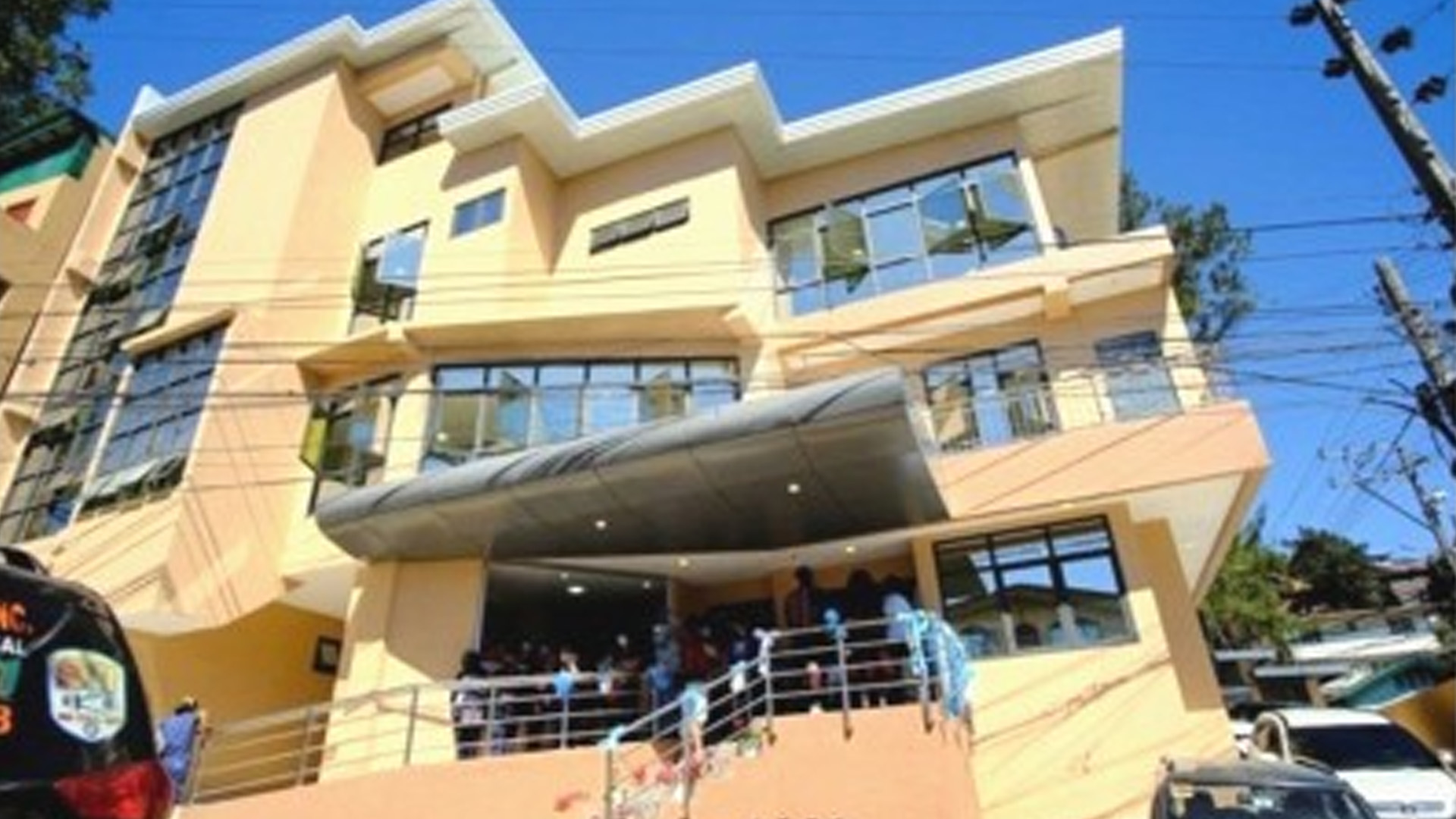The Cordillera Administrative Region (CAR) will have 12 additional super health centers by 2025 to cater to its 1.8 million population, an official said Wednesday.
Department of Health-CAR assistant regional director Dr. Janice Bugtong, in an interview Wednesday, said seven of these facilities are currently being constructed while five will be constructed in the next months.
Bugtong said the seven that are under construction are part of the 14 funded in 2023, half of which are already in operations.
The seven that have been completed are in Abra, 2, and one each in Apayao, Benguet, Ifugao, Kalinga, and Tabuk City.
Of the five that are in the pipeline, three will be in Mt. Province and one each in Benguet and Apayao.
“These facilities, which are in between the classification of a hospital and a rural health unit, will bring service closer to the people in the community. They have capabilities of handling a little more complicated health problems which are usually attended in hospitals,” Bugtong told the Philippine News Agency.
The super health centers are equipped with laboratory testing capability, an X-ray, provisions for dental service, a minor operating room, a birthing clinic, with some having tuberculosis directly observed therapy (TB-DOT) clinics, she said.
Bugtong said the region has 1,176 villages in 75 municipalities and two cities in its six provinces.
There are 1,129 barangays health centers, 33 infirmaries, 98 rural health units and district health centers, 29 hospitals, a social hygiene clinic and one drug abuse treatment and rehabilitation center, the DOH-retained Drug Rehabilation Center in Mountain Province.
Bugtong said there are four DOH-retained hospitals, with the 600-bed capacity level 3 Baguio General Hospital and Medical Center identified as the region’s apex hospital under the Universal Health Care Law implementation.
The others are Luis Hora Medical Center in Mountain Province, Far North Medical Center in Apayao, and Conner District Hospital in Apayao.
At present, the facility-patients ratio in the Cordillera is at 1:18,895 while the barangay health station to patients ratio is 1:1,640.
“We aim to make access to health services, health personnel and health facilities better, which is the goal of the universal health care law,” Bugtong said. (PNA)







